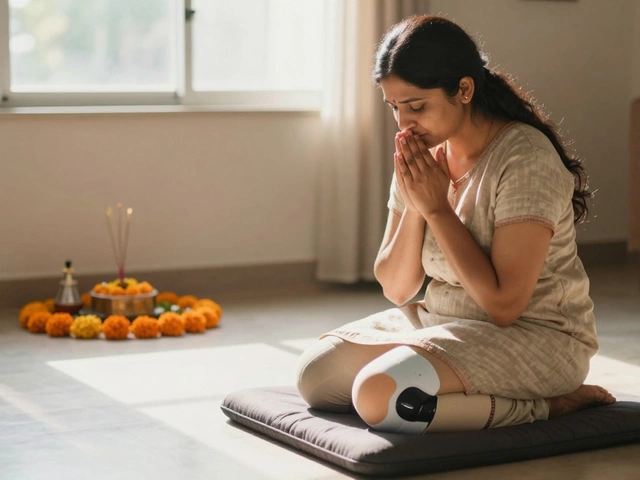Dosage Guide: Simple Tips for Safe Medicine & Supplement Use
Ever wondered if you’re taking the right amount of a pill or powder? You’re not alone. Getting the dosage right can mean the difference between feeling great and dealing with unwanted side effects. Below you’ll find clear, no‑nonsense advice you can apply today.
Read the Label Like a Pro
First thing’s first – look at the label. It tells you the strength (e.g., 500 mg), how often to take it, and any special instructions. If the label mentions “take with food,” do it. Skipping that step can lower absorption or irritate your stomach.
When you see a range like “1‑2 tablets,” decide what fits your age, weight, and health condition. If you’re unsure, a quick call to your pharmacist clears things up in minutes.
Measure Supplements Accurately
Capsules are easy – just count them. Powdered supplements need a scoop or a kitchen measuring spoon. Don’t guess; a little extra can add up fast and cause issues.
Many people use the same scoop for different products, which can be risky. Keep each scoop in its original container or label it clearly.
For liquid medicines, use the dropper or measuring cup that comes with the bottle. Household spoons vary in size, so they’re not reliable.
Now that you know how to read labels and measure correctly, here are three common dosage mistakes and how to avoid them.
Three Common Mistakes and Quick Fixes
1. Doubling up because you miss a dose. If you forget a pill, most guidelines say to take it as soon as you remember – unless it’s almost time for the next dose. Then just skip the missed one and continue as usual.
2. Mixing medicines that interfere. Some antibiotics, for example, don’t play well with antacids. Always check drug‑interaction warnings or ask a pharmacist.
3. Ignoring age‑specific doses. Kids and seniors often need lower amounts. The label will usually list a pediatric dose; if not, ask a doctor before adjusting.
Sticking to these simple rules cuts down on confusion and keeps your body happy.
Finally, store your meds properly – a cool, dry place away from direct sunlight. Heat and moisture can change potency, turning a perfect dose into a less effective one.
Got more questions? Drop a comment or reach out to a qualified health professional. The right dosage is about safety, effectiveness, and feeling your best – and now you’ve got the tools to make it happen.





